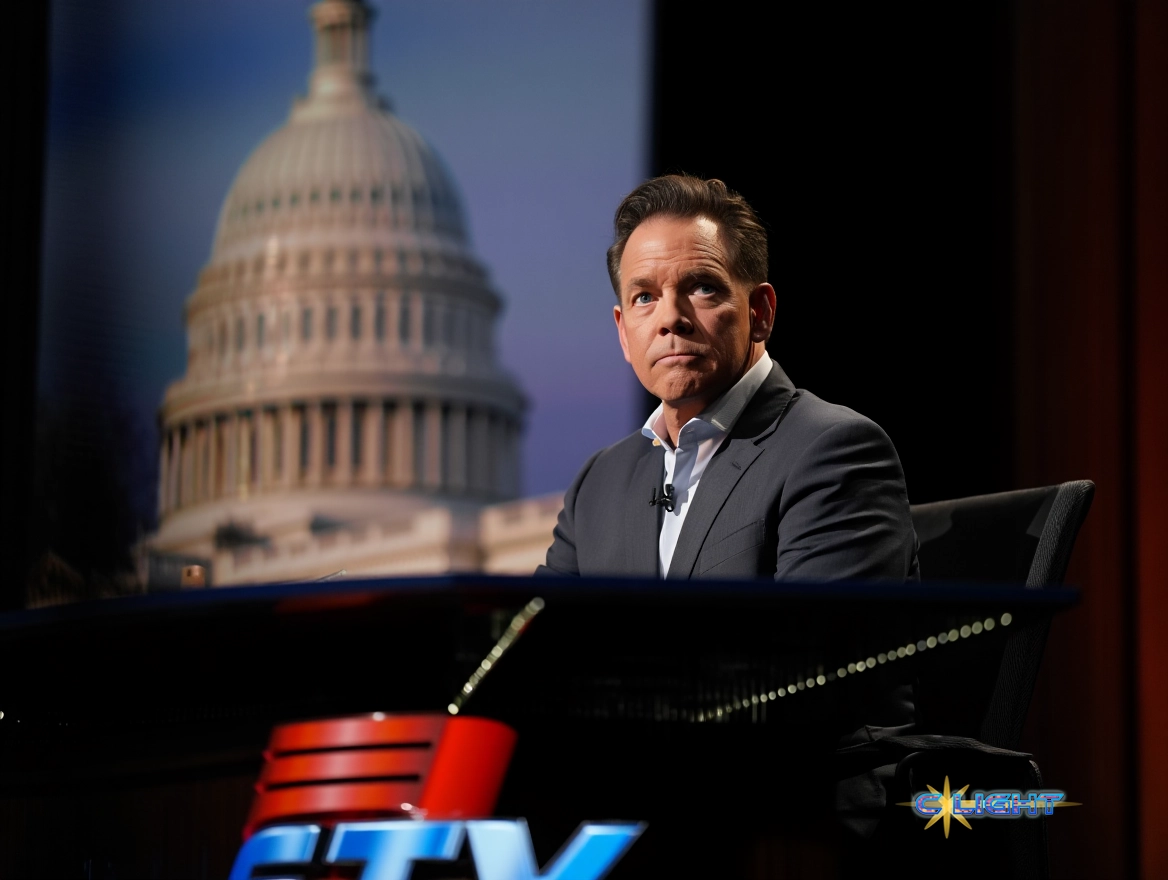5 minutes read time.
In the sanitized, high-stakes world of network television, genuine emotion is a rare and often suspect commodity. When Jimmy Kimmel returned to his late-night stage Tuesday, his voice cracking and eyes welling up, the audience was treated to a masterclass in performative contrition. After a weeklong, involuntary hiatus prompted by his remarks on the assassination of conservative activist Charlie Kirk, Kimmel delivered a 16-minute monologue that was by turns somber, defiant, and meticulously calibrated. Yet, the central question that permeated the entire affair was one of authenticity. Was this a heartfelt defense of principle and an apology for a misstep, or was it a strategic capitulation to immense pressure from a media conglomerate, its advertisers, and the executive branch of the United States government?
The answer, it seems, is a deeply unsatisfying and complex amalgam of both. The performance was too raw to be entirely synthetic, yet too strategic to be entirely pure.
The core of Kimmel’s ostensible apology was a clarification of his intent. He insisted it was never his intention to make light of Kirk’s murder or to blame any specific group for the actions of a “deeply disturbed individual”. He acknowledged that to some, his original comments—in which he stated the “MAGA gang” was trying to score political points from the tragedy—felt “ill-timed or unclear or maybe both”. This is the language of a carefully negotiated truce, an admission of poor optics rather than malicious intent. He extended an olive branch, stating that if the roles were reversed, he would have likely felt the same way. The emotional crescendo of his apology was his praise for Kirk’s widow, Erika Kirk, who publicly forgave the man who shot her husband. By championing her “selfless act of grace,” Kimmel subtly repositioned himself from antagonist to an admirer of Christian forgiveness, a move designed to resonate with the very audience his initial comments may have alienated.
However, the specter of corporate coercion loomed over every seemingly heartfelt word. While Kimmel insisted he disagreed with the decision by ABC’s parent company, Disney, to pull him off the air, he also spent considerable time expressing gratitude for their 23 years of support. He revealed that his return came with a single “condition,” which he then cheekily revealed to be a scripted plug for reactivating Disney+ and Hulu accounts. Though played for laughs, the moment was profoundly telling. It was a public acknowledgment of the transactional nature of his reinstatement: the comedian gets his platform back, but the corporation that signs his checks gets its pound of flesh, reminding everyone who truly holds the power. Disney’s official statement, claiming they suspended the show to “avoid further inflaming a tense situation,” reveals a corporate entity prioritizing de-escalation and risk management over the free speech principles its host was now championing. Kimmel himself admitted that his return puts Disney at risk, an unjust consequence of the administration’s actions.
While the apology may have been the price of admission, the real substance of Kimmel’s monologue was a blistering and defiant defense of the First Amendment, with his sharpest condemnation reserved not for his conservative critics, but for the federal government itself. He saved his most potent vitriol for Federal Communications Commission (FCC) Chairman Brendan Carr. Kimmel excoriated Carr for suggesting Disney’s broadcast licenses could be jeopardized and for telling the company they could do things “the easy way or the hard way”—a threat Kimmel and even Republican Senator Ted Cruz likened to the tactics of a mafioso. By declaring such a threat from a government regulator to be “a direct violation of the First Amendment” and “anti-American,” Kimmel skillfully pivoted the narrative. The story was no longer about a comedian’s insensitive joke; it was about an administration’s attempt to illegally silence dissent.
This pivot was bolstered by an unlikely chorus of defenders. Kimmel made a point of thanking conservatives like Ben Shapiro, Candace Owens, and Senators Mitch McConnell and Rand Paul, who, despite their profound disagreements with his politics, spoke out against the FCC’s overreach. This allowed him to frame the issue not as a partisan squabble but as a foundational American principle that transcends political affiliation.
Looming over the entire affair was, of course, Felonious Punk. The former president injected himself into the controversy with characteristic petulance, falsely posting on Truth Social that the show had been canceled and threatening to sue ABC for reinstating Kimmel. Kimmel deftly turned this to his advantage, joking that Felonious Punk’s attempts to cancel him only “forced millions of people to watch the show” and that the effort “backfired bigly”. By highlighting that “Our leader celebrates Americans losing their livelihoods because he can’t take a joke,” Kimmel painted the administration as not just authoritarian, but fundamentally petty and vindictive.

Ultimately, Kimmel’s return was less a simple apology and more a complex negotiation with power. He offered just enough contrition to satisfy his corporate bosses and mollify a segment of the public, thereby earning the right to return to the air. He then leveraged that reclaimed platform to launch a far more significant and scathing critique of a government he sees as actively hostile to free expression. It was a victory, but a fractured one. The ongoing decision by major station groups like Sinclair and Nexstar to continue preempting his show demonstrates that the chilling effect of the administration’s pressure campaign is real and has tangible consequences. Jimmy Kimmel is back on the air, but the episode serves as a sobering reminder of the fragility of free speech in an era where the line between presidential critique and official retribution has become dangerously blurred.
Discover more from Clight Morning Analysis
Subscribe to get the latest posts sent to your email.










